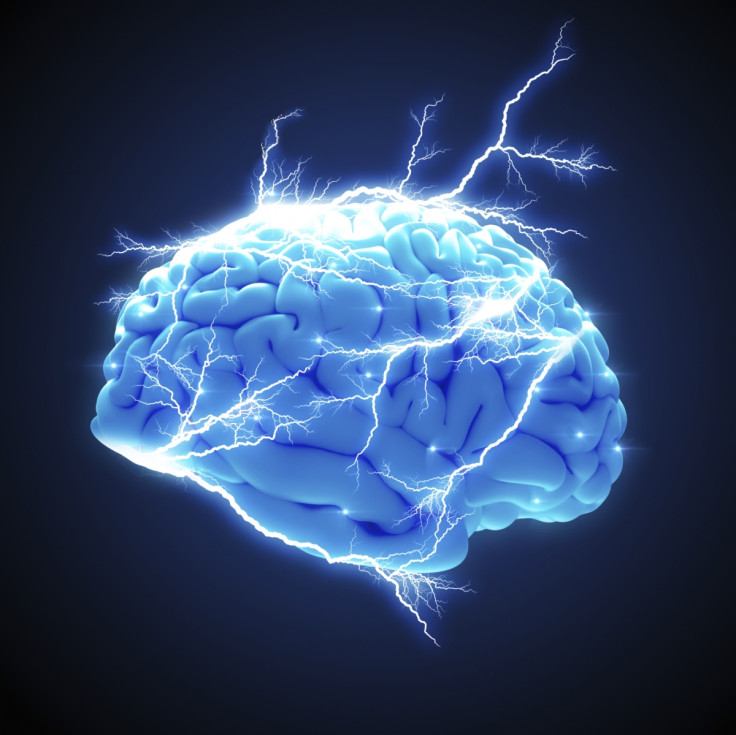Scientists discover what causes Tourette's syndrome
Four genes involved in brain development have been linked to the condition.

One gene has been strongly linked to Tourette's syndrome and several more are also likely to be involved, the largest genomic study on the condition has found.
Tourette's is a neurological condition that affects about 1 in 100 people. Symptoms of the syndrome include physical or verbal tics, which are particularly difficult during periods of stress, anxiety or tiredness, according to the NHS. People who have Tourette's often also have conditions such as depression, obsessive-compulsive disorder or ADHD.
The underlying causes of Tourette's have been very unclear until now.
"We knew that there were genetic factors, because it runs in families, and there is a higher rate in identical twins. That's about it," study author Gary Heiman of Rutgers University in the US told IBTimes UK.
The genomic analysis looked at hundreds of families where there was at least one child who had Tourette's but the parents did not have the condition. They sequenced the children's genomes to identify mutations that had arisen by chance in genes after the children were conceived – so these mutations weren't shared with the parents.
The complexity of the disorder is similar to other neuropsychological conditions, such as autism.
"It used to be thought one gene caused one disorder, like for sickle cell anaemia or Huntingdon's. Now we have a more complex disorders like Tourette's and other neuropsychological disorders, where many different genes cause different symptoms."
In children with Tourette's, there were many more harmful mutations across a range of genes than in children who didn't have the condition, who were studied for comparison. A total of about 400 genes were linked to the condition to some degree.

Four genes were more closely linked, with one of them standing out in particular. These genes were involved in brain development and memory, and were found in more than one of the families in the study.
"That's a concept of lightning striking twice in the same location," Heiman said. "It's such a rare event that that would be very notable."
It's hoped that the findings will eventually lead to better treatments for the syndrome. At present, treatments include talking therapies, muscle relaxant medications and in extreme cases surgery.
The next steps are studies in a larger group of people to see whether the genes identified are all working in the same pathways in brain development, and hone in on their exact functions.
"Once we can clarify that, maybe treatments could be developed or personalised to what the mutations might be in a particular individual."
The research is published in the journal Neuron.
© Copyright IBTimes 2025. All rights reserved.






















